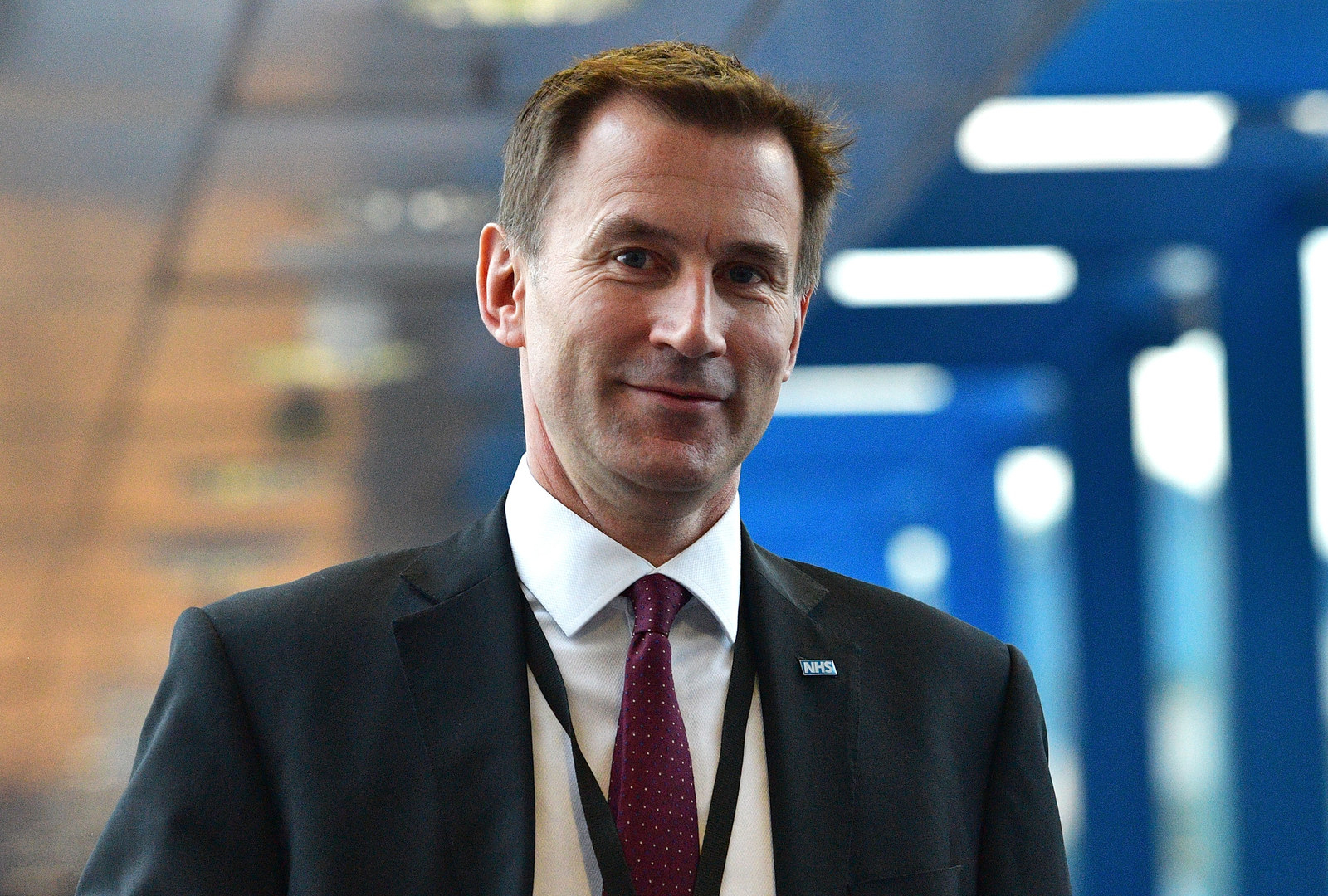
Junior doctors have said morale among their profession is at an "all-time low" after the Australian government announced plans to restrict the number of foreign doctors it will allow to work in the country.
Fifteen medical roles have been removed from Australia's list of skilled occupations for which people can be granted visas, including GPs, anaesthetists, paediatricians, and cardiologists, according to the Financial Times.
The number of doctors applying for the necessary documentation to work abroad has risen dramatically since health secretary Jeremy Hunt proposed changes to the structure of doctors' pay and working hours in order to deliver his plans for a "truly seven-day NHS".
Many have specifically cited Australia, which is known for having good pay and working conditions, as a favourable alternative.
"The government should stop people wanting to go to Australia in the first place. Doctors are demoralised," Dr Osman Khalid, a GP trainee from London who has previously worked just outside Sydney, told BuzzFeed News.
"I can vouch that Australia is a better place to work," Khalid added. "The hours and the conditions are better – you are paid more fairly for out-of-hours work and overtime, and the doctors and nurses are just generally happier."
Although 58% of British Medical Association (BMA) members voted to reject a new junior doctors contract in May, the government decided to press ahead with it anyway from this October.
Another junior doctor, who preferred not to be named, said the fact the Australian government felt the need to place restrictions on visas was a further blow to morale and left those who were considering working abroad feeling trapped.
"Sadly the wounds run really deep and lots of my friends and colleagues just feel completely disillusioned and let down by all sides in this dispute," she said.
"Things have to really change in the future else I worry that this will continue long-term. Junior doctors don't feel valued by the system they work in and [feel] that they are treated like children."

She believes the government needs to work directly with junior doctors to address the root causes of low morale or the NHS would lose risking them to other professions, if not to other countries.
"The impact of this will be interesting in the future. Now it is about repairing relationships and rebuilding after what has been a really awful time for junior doctors," she said.
"People need to be listened to and actually heard – and know that things will improve with their working lives."
Dr Mohsin Khan, a fifth-year junior doctor and trainee psychiatrist in London, said the government needed to urgently address why so many doctors wanted to go to Australia in the first place.
"This news should remind us all that the government needs to do more to address why doctors want to leave the NHS," Khan said.
"Australia isn't the only option open to doctors – I know of several junior doctors who have left medicine altogether. They're very sad to leave, but they have transferable skills and feel properly valued by other employers.
"The more conditions remain as they are, the fewer doctors will remain in the NHS, even if they're not going to Australia any more."

Khalid told BuzzFeed News he knew several doctors who were seeking alternative careers to medicine.
"The effect [the new contract] has had on demoralisation of the workforce of doctors is already noticeable," he said. "I have friends and colleagues who are at the level of starting to pick their specialist subjects and none of them have chosen to apply this year.
"They’re just going to let the dust settle and see how it goes, which is a bit of a shame, but I don’t blame them."
At the Conservative party conference in October, Hunt sought to curb issues with retention of doctors with the announcement that, post-qualification, doctors will have to work for the NHS for four years, mirroring the way the armed forces funds some degrees, or be forced to pay back the cost of their training.
In the latest update to a long-term study of junior doctors who graduated in 2006, the BMA found that 46% of doctors hoped to work abroad, an increase on the previous year, with 10% having already applied for the relevant documentation to do so.
While the BMA's research did find there was still a strong desire among those surveyed to continue to practise medicine, the BMA noted there was an increase in the number of doctors choosing to take a break from the profession.
Morale was found to be at its lowest point throughout the 10-year study.
“It is clear that countries like Australia are expecting a large influx of doctors from the UK at a time when the government’s imposition of a new contract has pushed junior doctors' morale to an all-time low," Dr Ellen McCourt, the chair of the BMA junior doctors committee, said in a statement.
"The reality is that junior doctors are reaching their limit, and if stretched any further, they will leave the NHS... If even a small number choose to vote with their feet, the future of the NHS looks increasingly uncertain.”
In February, the Department of Health announced it would conduct an independent review of junior doctors' morale, training, and support, but this was later dropped when contract negotiations between the BMA and the government were resumed in April.
Health Education England, the body responsible for junior doctors’ training, will now work to address morale alongside other remaining non-contractual concerns.
